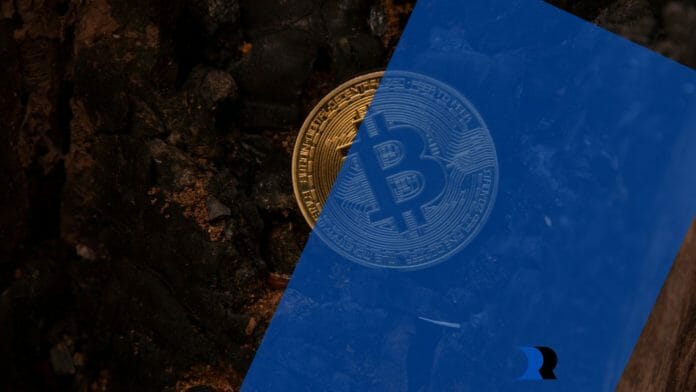If you’re a gamer or a crypto fan, you may be hearing a lot about new blockchain video games and the metaverse project utilizing crypto technology to improve digital gaming experiences. Blockchain technology has the potential to transform the utility of gaming and bring new dimensions to the gamer experience. Here are a few ways blockchain networks can impact game development and player experience.
Blockchain and NFTs
To understand the impact of crypto technology on game development, we must first understand what blockchain technology is and how it works in the crypto world. Blockchain networks are immutable ledgers of exchange that record the movement of digital assets such as crypto tokens and non-fungible tokens (NFTs). Blockchains are highly secure and maintain a record of proprietary information for each digital asset on the network. This dramatically reduces the risks involved in any transaction and offers unquestionable records of ownership over these assets.
NFTs are encrypted records of ownership over a specific asset, digital or real-world. NFTs can hold encrypted files of digital artwork or lines of code, even encrypted documents like contracts and personal records. In recent years, the NFT marketplace has boomed, with more digital artists than ever before minting their work into NFTs and entering the marketplace to sell their collections. Music, photos, videos, gifs, and more can be minted into an NFT and exchanged on the blockchain. With this understanding of blockchains and NFTs, you’re probably wondering, ‘what are NFT games?’

NFT Games
Blockchain-backed NFT games are becoming increasingly popular as the crypto world and gaming worlds continue to evolve. Blockchain games allow users to earn rewards in the form of cryptocurrency or NFTs within the game. This means that all in-game items a player discovers or earns are NFTs and are now new digital assets belonging to the player. With NFT technology, players will have greater control over their in-game items and can easily exchange and sell them for real money.
This process creates a self-sustaining in-game economy where players participate in the game, which mints new coins and NFTs, which they can then use in the game or exchange and sell to other players. Though NFT games are still being developed and slowly making their way into the mainstream, the technical applications of in-game economies reach beyond these small NFT games and are being applied to much larger game-like projects like the metaverse project.
The Metaverse
The metaverse is often described as the next evolution of the internet, but this project resembles one big game development project in many ways. In its final form, the metaverse will be a series of digital universes, all interconnected and synchronous, where users can have a variety of virtual interactions and experiences.
Today, there are several active metaverse projects online that offer basic accessibility through laptops and sometimes smartphones, but also fully immersive experiences through VR headsets and other extended reality technologies. Like NFT games, all creations in the metaverse, including digital real estate, are owned through an NFT and can be exchanged through the blockchain network that supports the metaverse. These blockchain networks and NFTs will create a digital economy that can support the entire metaverse and allow users to easily and quickly exchange digital assets and crypto from anywhere in the world.

You can stay up to date on the latest in the metaverse and NFT game development by joining an online crypto community like FTX. The future of gaming is more immersive and interactive than ever before. With in-game economies and more secured processes for owning in-game items, gamers will have greater control, utility, and an enhanced gameplay experience as new blockchain-backed video games continue to be developed.


